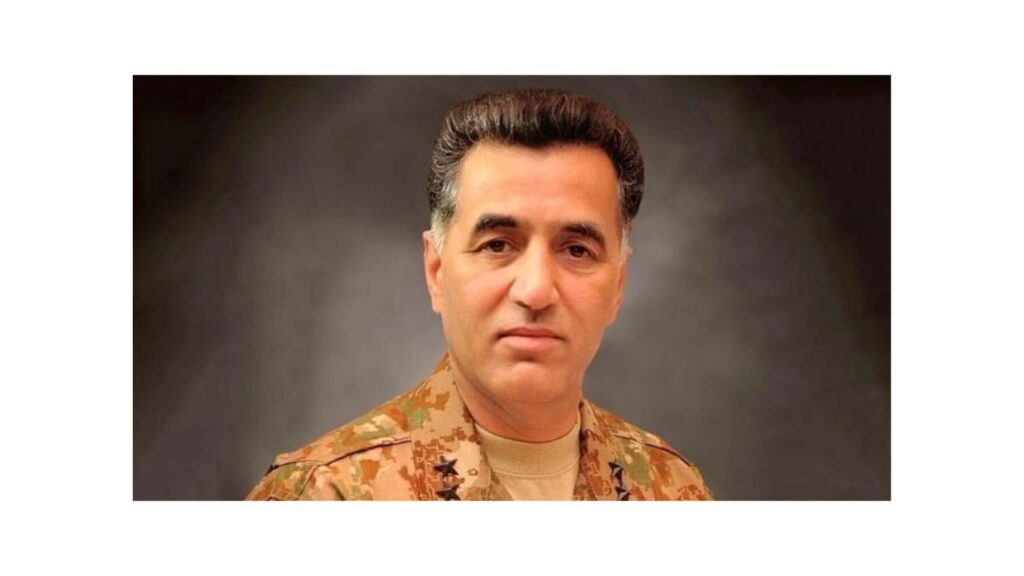The military claimed that the Supreme Court had ordered the former head of the ISI to be arrested due to several infractions of the Pakistan Army Act committed after Mr. Hameed retired, as well as a land development case.
In relation to a housing scheme scandal, the powerful Pakistani army detained Faiz Hameed, the former head of the spy organization Inter-Services Intelligence (ISI).
The Pakistan Army’s public relations division released a statement on Monday that read, “In accordance with the Supreme Court of Pakistan’s orders, the Pakistan Army conducted a thorough court of inquiry to determine the accuracy of complaints made against Lt Gen Faiz Hameed (Retd) in the Top City Case. As a result, Lt Gen Faiz Hameed (Retd) has been subject to appropriate disciplinary action in accordance with the Pakistan Army Act.”
Furthermore, numerous documented cases of post-retirement violations of the Pakistan Army Act have also been established. Lt Gen Faiz Hameed (Retd) has been placed under military custody and the Field General Court Martial procedure has been started,” the statement continued.
Allegations were made against Hameed by Top City, a Pakistani private housing scheme, which stated that he had planned an attack on the owner Moeez Khan’s offices and home.
The Pakistan Army established an inquiry committee in April to look into claims that Hameed had abused his position of authority, according to a report in Dawn.
The committee was established in response to a November 2018 order from Pakistan’s Supreme Court, which declared that charges against Hameed of a “very serious nature” “cannot be left unattended” because, if verified, they would damage the credibility of the nation’s institutions.
The housing society’s owner was also instructed by the Supreme Court to contact the appropriate authorities, such as the Defense Ministry, in order to pursue legal action against the former spymaster and his associates.
The brother of the former head of the ISI, Najaf Hameed, was placed in jail on a 14-day judicial remand in March of this year by a Rawalpindi court in relation to the case.
